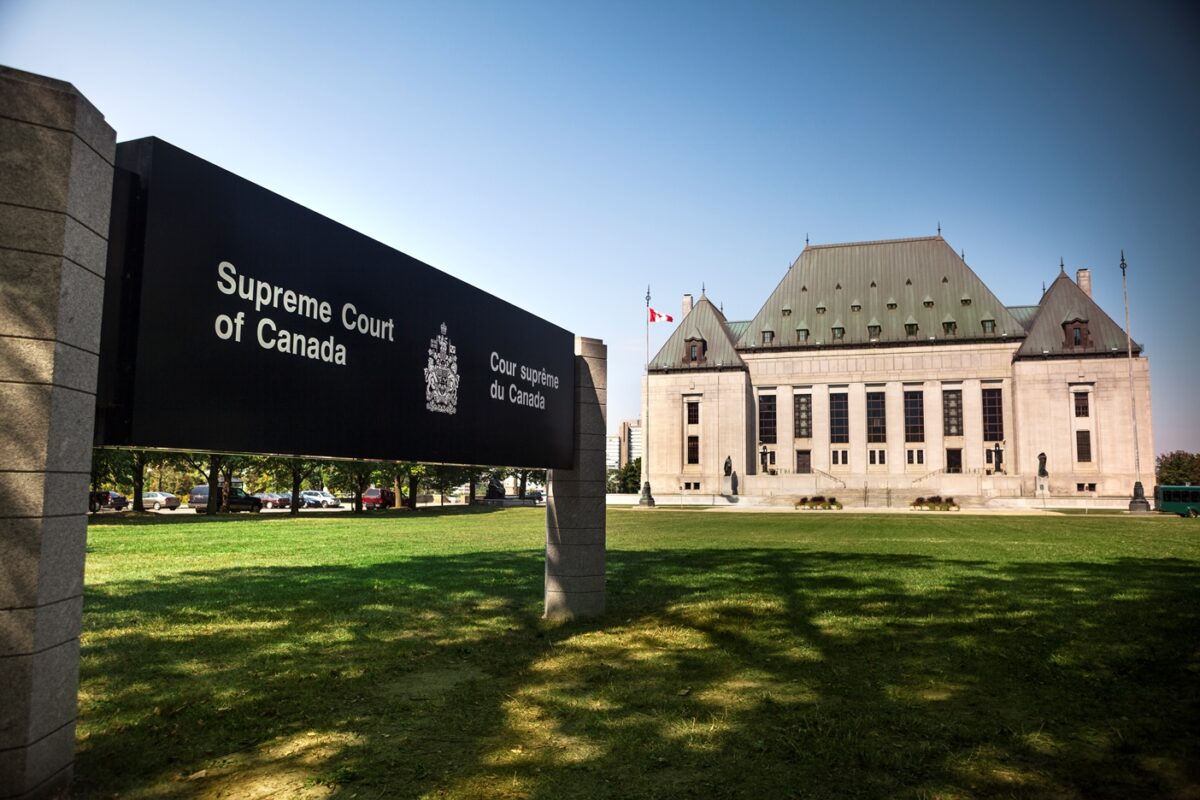An “Exceptional Matter of Public Interest”: SCC Weighs in on the Pressing Needs of Indigenous Communities

Courts have often taken a paternalistic approach to determining what is best for Indigenous communities – but a recent decision from Canada’s top court offered a swift rebuke to that way of thinking.
In March, the Supreme Court of Canada (SCC) released its decision in Anderson v Alberta, 2022 SCC 6 (CanLII) – a case the Court described as a “truly exceptional matter of public interest.”
The case concerned Alberta’s Beaver Lake Cree Nation, which filed a claim in 2008 alleging the province and federal government had infringed its Treaty rights by allowing too much of Beaver Lake’s land to be used for industrial and resource development. A years-long, multimillion-dollar legal battle ensued.
By the time a trial was scheduled for January 2024, Beaver Lake had already spent $3 million on legal fees and could no longer afford to pursue the litigation on its own.
So the Nation filed for $5 million in advance costs, which was granted by a case management judge – but later rejected by the Alberta Court of Appeal.
The Impecuniosity Requirement
At issue was whether Beaver Lake had met the “impecuniosity requirement” to receive advance costs – i.e., whether the Nation was genuinely unable to pay for the litigation.
The Alberta Court of Appeal found that Beaver Lake did not meet the requirement because the Nation had access to funding that could have been spent on litigation but was earmarked for other purposes.
But the SCC struck down that decision, noting that a First Nation could meet the impecuniosity requirement by proving that its financial resources were needed to pay for the Nation’s “pressing needs.”
The SCC noted that pressing needs may not only include the basic necessities of life, but priorities such as improving a Nation’s standard of living, health and education services, and promoting the Nation’s cultural survival. The SCC stressed that it was up to First Nations to determine their own pressing needs.
“Reconciliation requires a court to consider the pressing needs of a First Nation government applicant from [the First Nation’s] perspective as a government that sets its own priorities and is best situated to identify its needs,” the SCC decision read.
In the end, the SCC said it had insufficient evidence to determine the costs of Beaver Lake’s pressing needs and sent the matter back to Alberta’s Court of Queen’s Bench. The SCC also ordered the province and the feds to pay Beaver Lake’s full legal costs for its advance costs litigation.
Indigenous Bar Association Intervenes
Due to the significant interest in the case before the SCC, numerous intervenors entered their own arguments on the matter, including the Indigenous Bar Association (IBA). Saskatoon lawyer Drew Lafond acted for the IBA when it intervened before the SCC in Anderson v. Alberta.
Drew is the president of the IBA, which is currently working on an initiative to prevent Indigenous clients from being exploited by their legal counsel.
MLT Aikins will continue to follow Anderson v. Alberta and keep you apprised of future developments in the case. If you have questions about how the SCC’s decision could affect your ability to defend your Treaty rights, contact a member of our Indigenous practice group.


